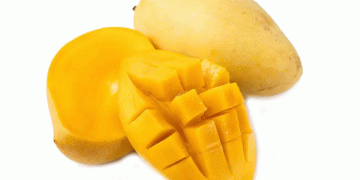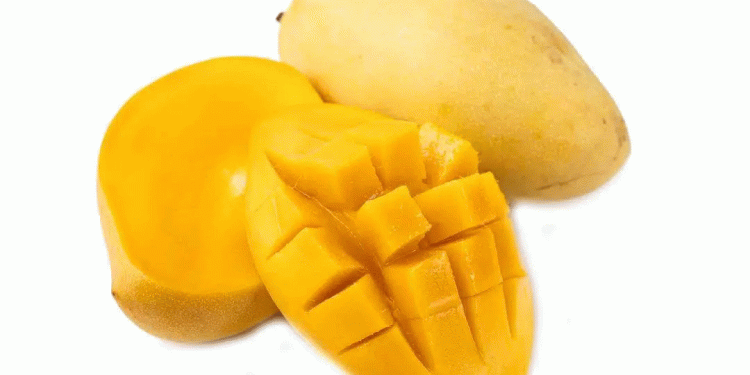Mexican mangoes have carved out a powerful position in global agriculture, combining exceptional flavor, food safety, and environmental sustainability to remain competitive amid growing challenges such as climate change and water scarcity. As of 2024, Mexico is the world’s leading exporter of mangoes, producing over 2.4 million metric tons annually, with more than 20% destined for international markets (FAOSTAT, 2023).
The United States continues to be the primary importer, receiving approximately 65–70% of Mexico’s mango exports, supported by well-established supply chains and consumer preference for the fruit’s flavor and consistency. However, as the global mango trade becomes increasingly competitive—particularly from emerging suppliers like Peru, Ecuador, and Pakistan—Mexico is focusing on commercial diversification.
New Opportunities and Market Diversification
Exporters are actively working to expand into Europe, Canada, Japan, and South Korea, where demand for high-quality tropical fruits is growing. For instance, in 2023, exports to the European Union increased by 8%, driven by consumer trends toward healthy, exotic fruit options and improved cold-chain logistics.
Key to this global strategy is the strengthening of the “MANGO EMEX” brand, which represents certified quality mangoes from Mexico. The brand is designed not only to ensure product traceability and phytosanitary compliance but also to position Mexican mangoes as premium, ethically produced goods. Industry stakeholders are promoting this certification in major trade shows, retail channels, and consumer campaigns abroad.
Challenges in Logistics and Climate
While demand is strong, several bottlenecks persist. Cold chain logistics, shipping efficiency, and port congestion remain significant issues, especially when aiming for distant markets like Europe and Asia. The climate crisis, marked by shifting rainfall patterns and limited irrigation water, also threatens crop reliability.
Still, Mexico’s mango sector benefits from a cohesive network of growers, packers, and exporters, many of whom invest in sustainable farming practices, biological pest control, and technological innovation—factors that continue to distinguish their produce.
Francisco Seva Rivadulla, a noted agro-food journalist, emphasizes that Mexico’s success lies in balancing its dominant U.S. market position while embracing strategic internationalization, ensuring long-term commercial resilience.
Mexican mangoes are at a pivotal moment: poised between a strong legacy in the U.S. market and the growing opportunity of global expansion. With a continued focus on product quality, sustainable practices, and brand identity, the Mexican mango industry is well-positioned to maintain its leadership in a highly competitive international landscape.































